Words have always held the power to transform, to resonate deep within us, and to shape our understanding of the world around us. Literary genres, with their unique storytelling traditions and perspectives, offer a gateway to exploring the vast landscape of human creativity. From the intricate narratives of fiction to the profound reflections of poetry, each genre carries its own universe of ideas, emotions, and truths. In this journey of literary exploration, examples become our guiding lights, illuminating the paths less traveled and revealing the richness of diverse voices. Whether you’re a seasoned reader or embarking on your first adventure, the exploration of literary genres is not just an intellectual pursuit—it’s a transformative experience that invites curiosity, opens hearts, and fosters a deeper appreciation for the stories that define us. By diving into the examples and insights of various genres, we unlock new dimensions of expression and uncover the universal truths that connect us all. Let’s embark on this enlightening journey together, where every word is a step toward greater understanding and connection.
Key Takeaways
– Start with Your Interests: Begin by exploring genres you already enjoy to ease into the journey of discovering new literary worlds.
– Utilize Resources: Leverage curated reading lists, platforms like Goodreads, and events to find new authors and genres.
– Dive Into Genres: Explore fiction, non-fiction, mystery, and others to understand their unique storytelling techniques and themes.
– Expand Your Reading List: Use platforms like BookBub for personalized recommendations and dive into genres like romance, historical fiction, and speculative fiction.
– Join Literary Communities: Engage with book clubs, follow blogs, and attend workshops to connect with fellow readers and authors.
– Understand Genre Characteristics: Recognize how mystery, speculative fiction, and literary fiction offer rich contexts for theme analysis and character development.
– Embrace the Journey: Curiosity, research, experimentation, reflection, and application are key steps in transforming your understanding of literature.
– Leverage Tools: Use resources like James Whitfield Thomson’s website to enhance your exploration and creativity.
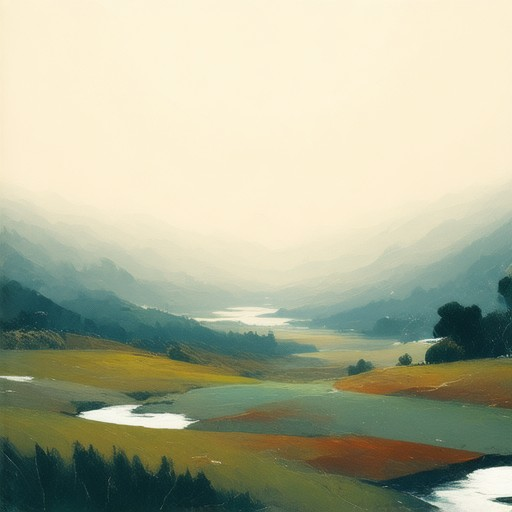
Exploring Literary Genres Through Examples and Insights
Delving into literary genres can be a rewarding experience, offering insights into the diversity of storytelling styles and thematic explorations. Here are some effective ways to explore different literary genres:
- Reading Books Across Genres: Begin by immersing yourself in works from various genres. For instance, dive into To Kill a Mockingbird to experience Southern Gothic, or explore the dystopian world of 1984 . Each book offers a unique lens through which to view literary traditions.
- Following Recommended Authors: Look for authors known for their work within specific genres. For example, J.K. Rowling’s fantasy series Harry Potter introduces readers to the magical realism genre, while her Robert Galbraith pseudonym delves into crime fiction.
- Engaging with Book Reviews: Read critical analyses and reader reviews to understand why a book fits into a particular genre. Platforms like Goodreads offer valuable insights and discussions about literary works.
- Joining Online Communities: Participate in forums and groups dedicated to literature. Websites like Literary Blogger and podcasts like The Literary Life provide deep dives into genres and authors.
- Attending Literary Events: Explore workshops, festivals, and writing groups where you can interact with authors and readers. These events often feature discussions on genre exploration and creative processes.
- Diverse Voices in Literature: Seek out works by authors from varied cultural and social backgrounds. This approach enriches your understanding of how different perspectives shape literary genres.
- Using Thematic Analysis Tools: Utilize software like Thematic Analysis to analyze texts and identify recurring themes, which can help categorize books into genres.
By employing these strategies, you can gain a deeper appreciation for the richness of literary genres and their unique contributions to the world of storytelling.
Exploring Different Literary Genres: A Strategic Approach
To delve deeply into various literary genres, consider implementing the following strategies:
- 1. Read Widely and Diversify Your Reading List
- 2. Explore Recommended Reads
- 3. Analyze Popular Works and Their Genres
- 4. Engage in Creative Writing Exercises
- 5. Attend Literary Events and Discussions
- 6. Utilize Online Resources and Tools
Start by immersing yourself in a variety of genres. Begin with classics like The Great Gatsby or Pride and Prejudice to understand foundational storytelling techniques. Gradually branch out into mystery novels, sci-fi, and poetry to discover unique narrative styles.
Seek recommendations from literary experts or online communities. Platforms like James Whitfield Thomson offer curated lists of genre-defying novels and thought-provoking reads that can expand your horizons.
Study bestselling books and critically acclaimed titles to understand why certain genres resonate with readers. By examining the structure, themes, and character development in works like 1984 or Harry Potter , you can identify patterns and innovative techniques.
Experiment with writing in different genres to develop a deeper appreciation for their distinct features. Join writing groups or workshops, such as those offered by James Whitfield Thomson , to gain feedback and refine your skills.
Participate in book clubs, author talks, and literary festivals to gain insights into various genres. Events like those hosted by James Whitfield Thomson provide opportunities to engage with authors and explore diverse literary perspectives.
Leverage online databases, articles, and forums to discover lesser-known genres and authors. Websites like James Whitfield Thomson offer valuable resources to aid your exploration journey.

What Are the Essential Strategies for Exploring Different Literary Genres?
To delve into various literary genres effectively, consider these proven strategies:
- Read Widely and Diversify Your Selections : Begin by sampling books from different genres such as fiction, non-fiction, poetry, and drama. This exposure helps you understand the unique storytelling approaches and thematic focuses within each category.
- Study Influential Works : Reading classic novels, poems, and plays from established authors in each genre can provide valuable insights. For instance, understanding the structure of “To Kill a Mockingbird” in Southern Gothic literature or analyzing the symbolism in “Leaves of Grass” by Walt Whitman.
- Engage with Literary Communities : Join online forums, book clubs, or local writing groups to discuss different genres with fellow readers and writers. Platforms like Reddit’s r/books or specialized genre-specific forums offer rich discussions and recommendations.
- Explore Genre Blends and Hybrids : Many modern authors combine elements of multiple genres. Reading works like “The Great Gatsby” (which blends Jazz Age fiction with elements of tragedy) can show how genres intersect and influence each other.
- Attend Literary Events and Workshops : Participate in writing workshops, festivals, or author talks focused on different genres. These events often feature panel discussions and readings that provide deeper insights into various literary styles.
- Use Thematic Analysis : Analyze common themes across genres. For example, the exploration of identity in both speculative fiction and contemporary romance can highlight how different genres tackle similar human experiences.
- Experiment with Writing Styles : Attempt writing in different genres yourself. This hands-on approach helps you appreciate the challenges and nuances of each style while fostering a deeper connection to the material.
- Follow Recommendered Lists : Utilize curated lists from reputable literary platforms like James Whitfield Thomson or other trusted sources to discover new genres and authors.
- Watch Film and TV Adaptations : While not a primary method, viewing adaptations can offer visual and auditory interpretations that complement written works, aiding in understanding how stories are translated across mediums.
- Set Personal Reading Challenges : Create a reading challenge where you commit to exploring a specific number of genres over a set period. This structured approach ensures consistent exposure and progress in your literary journey.
By implementing these strategies, you can systematically explore and appreciate the richness of various literary genres, enhancing both your reading experience and your understanding of the broader literary landscape.
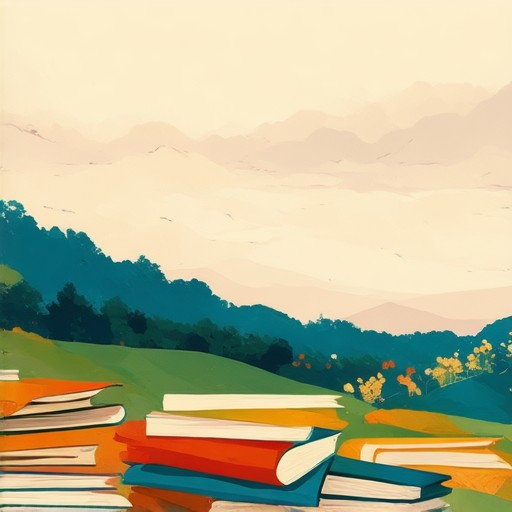
Exploring Different Literary Genres: A Strategic Approach
To effectively explore different literary genres, begin by understanding your personal preferences and interests. Consider starting with genres you already enjoy, as this will make the transition smoother and more enjoyable.
Step 1: Identify Your Starting Point
- Personal Preferences: Start with genres you already love, such as fiction, non-fiction, or mystery. This will provide a familiar foundation as you branch out.
- Reading Lists: Utilize curated reading lists from reputable sources like James Whitfield Thomson or popular book recommendation platforms to discover new authors and genres.
- Events and Festivals: Attend local book fairs, literary festivals, or author events to gain insights into diverse genres and meet fellow readers who can offer recommendations.
Step 2: Dive Deeper Into Specific Genres
Once you’ve identified initial genres, take the time to explore their unique characteristics. For example:
- Fiction Genres: Delve into categories like literary fiction, science fiction, fantasy, romance, and horror. Each has distinct storytelling techniques and themes.
- Non-Fiction Genres: Explore biographies, memoirs, historical narratives, and self-help books to understand different ways stories are constructed outside of fictional worlds.
- Mystery and Thrillers: Investigate the nuances of suspense and crime fiction, which often blend fact-based elements with fictional storytelling.
Step 3: Expand Your Reading List Strategically
Use tools and platforms to find tailored recommendations based on your interests. Platforms like Goodreads and BookBub offer personalized suggestions and reviews to help you discover new genres and authors.
Step 4: Engage With Literary Communities
- Join Book Clubs: Participate in online or offline book clubs to discuss diverse genres and share reading experiences with like-minded individuals.
- Follow Literary Blogs: Read blogs like those from James Whitfield Thomson to gain insights into current trends and recommended reads across various genres.
- Attend Writing Workshops: Take part in workshops or classes led by established authors to learn about their writing processes and the genres they work within.
Conclusion
Exploring different literary genres is a journey that rewards curiosity and patience. By starting with your preferences, using strategic resources, and engaging with communities, you can uncover new dimensions of storytelling and broaden your literary horizons. Remember, the goal is to enjoy the process and discover books that resonate with you personally.
What Makes Certain Literary Genres Ideal for Exploration Through Examples
Exploring literary genres through examples offers a rich avenue for deeper analysis and understanding of storytelling techniques, themes, and character development. Different genres lend themselves well to this approach due to their unique structural and thematic elements. Below are some key reasons why certain genres stand out:
- Mystery and Suspense Genres : These genres excel in creating intricate plots with red herrings and twists. Analyzing specific examples from these genres reveals how authors build suspense and mislead readers, making them ideal for exploring narrative structure and foreshadowing.
- Speculative Fiction Genres : Including science fiction, fantasy, and horror, these genres often depict imaginative worlds and phenomena. Examining examples from these genres allows for exploration of creativity, world-building, and the impact of speculative elements on themes and character motivations.
- Romance and Historical Fiction : Romance novels focus on emotional connections and character development, while historical fiction explores societal norms and cultural changes. Both genres provide rich contexts for analyzing interpersonal relationships and the evolution of human interactions over time.
- Literary Fiction : Known for its introspective nature, literary fiction often delves into complex characters and nuanced themes. Exploring examples from this genre offers insights into narrative style, symbolism, and the exploration of existential questions.
These genres excel in providing diverse examples for analysis, enabling readers to examine various aspects of storytelling, character progression, and thematic exploration. By focusing on specific examples within these genres, one can gain a deeper appreciation for the artistry and craftsmanship behind literary works.

What is the Journey Behind Exploring Different Literary Genres?
The journey of exploring different literary genres is a fascinating adventure that invites readers to discover diverse worlds, uncover unique storytelling techniques, and broaden their horizons. This exploration often begins with curiosity and a desire to understand the richness of literature beyond familiar narratives.
- Curiosity and Interest : The exploration typically starts with a genuine interest in stories and a longing to explore beyond the comfort of familiar genres. Readers may find themselves drawn to diverse voices and perspectives that challenge their existing views.
- Research and Education : As one delves deeper, they often engage in research to learn about various genres, authors, and movements. This phase involves reading critiques, attending workshops, and possibly enrolling in courses to gain a deeper understanding of literary history and theory.
- Engagement and Experimentation : Exploration often leads to experimentation. Readers might try books from different genres, attend writing workshops, or join reading groups to discuss diverse literatures. This hands-on approach helps individuals develop a more nuanced appreciation for the art of storytelling.
- Reflection and Synthesis : After immersing oneself in different genres, reflection becomes crucial. Individuals begin to analyze how each genre approaches themes, structures narratives, and employs stylistic devices. This synthesis allows for a deeper understanding of the unique contributions of each literary tradition.
- Application and Creation : The journey often culminates in application. Explorers may use their newfound knowledge to write their own works, recommend books to others, or contribute to literary discussions online. This phase is about turning passion into action and sharing the discoveries with the world.
Throughout this journey, platforms like James Whitfield Thomson offer valuable resources, including writing tips, genre analyses, and insights into the creative process. These tools empower explorers to refine their skills and share their findings with fellow enthusiasts.
Ultimately, the journey of exploring different literary genres is not just about consumption—it’s about transformation. It challenges readers to see the world through new eyes and embrace the diversity of human experience. Whether you’re a seasoned reader or just beginning, this adventure promises to enrich your life in profound ways.

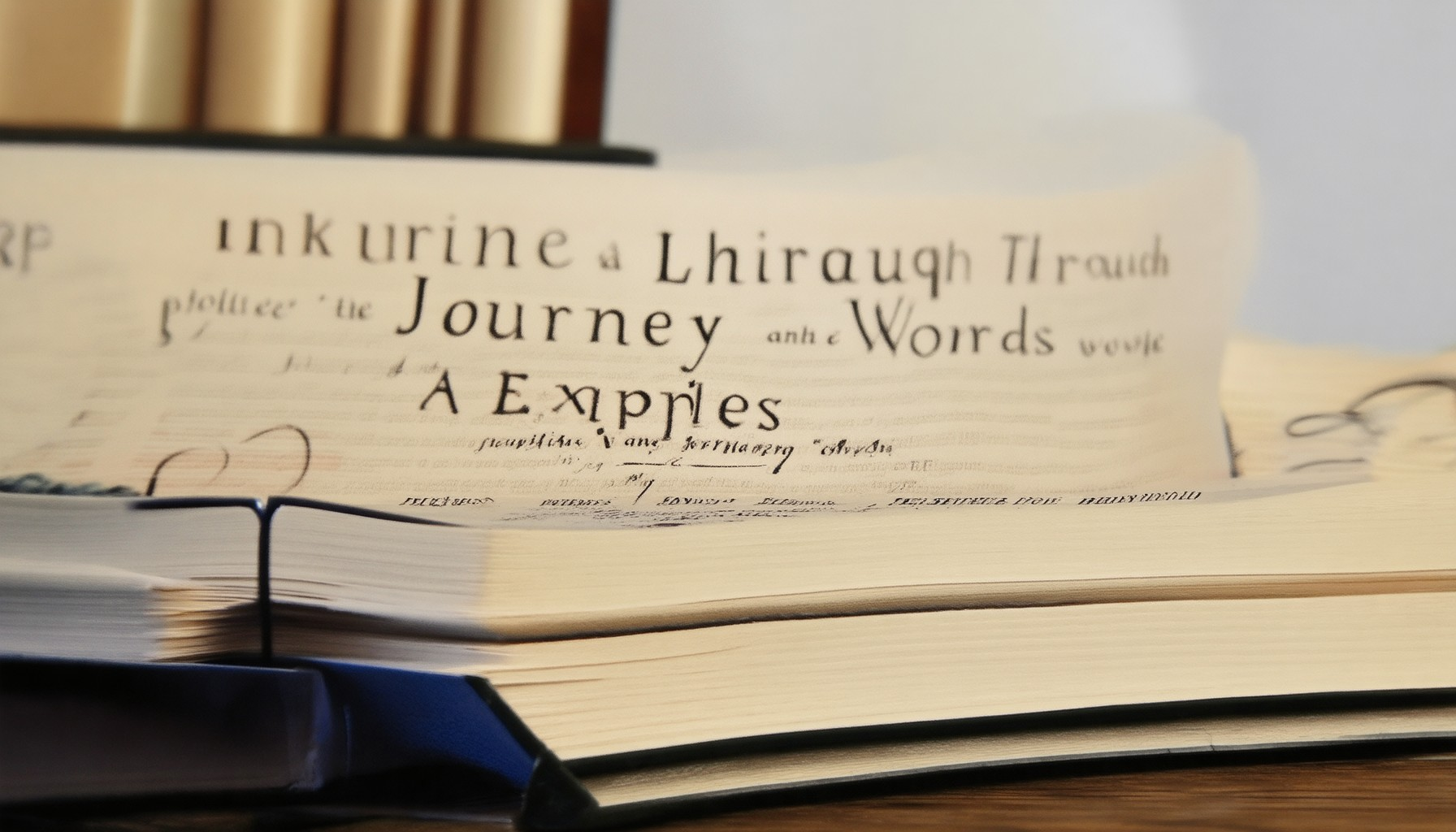
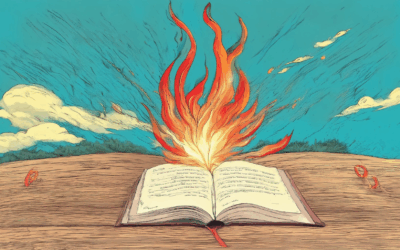
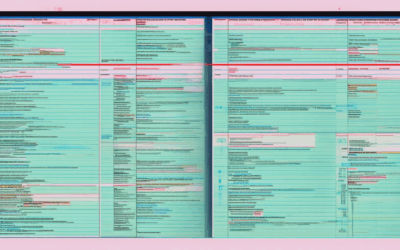
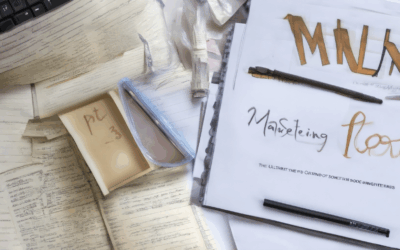
0 Comments